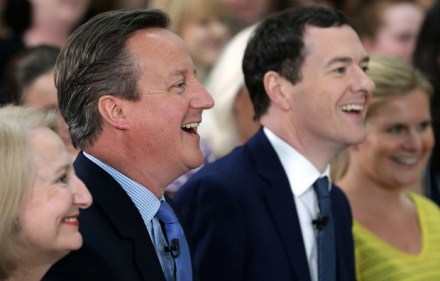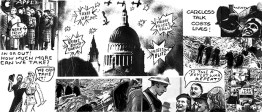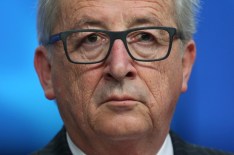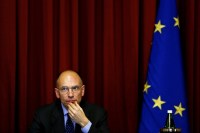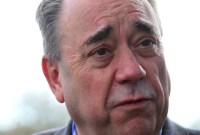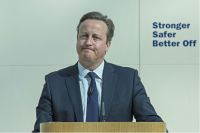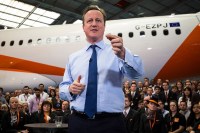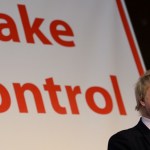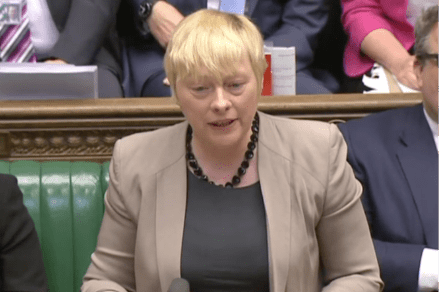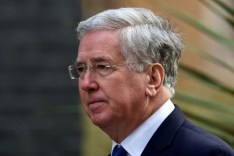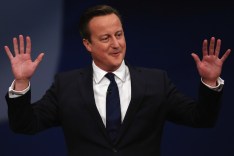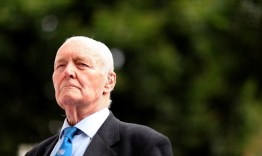Purdah could give the Brexit campaign the boost it so badly needs
If you’ve become fed-up with half-baked Treasury statistics, the start of the purdah period is welcome news. The ban on Government and Civil Service resources being used to put forward the case for ‘remain’, means there will be no more of those. But with ‘remain’ having pushed ahead in the polls over the last few weeks, will this now help level the playing field? Based on how the Government has tried to press home the advantage of using its huge resources right up until the last moment, it seems that there are certainly jitters about that happening. Its rather cheeky report put out yesterday evening which suggested that Brexit would
